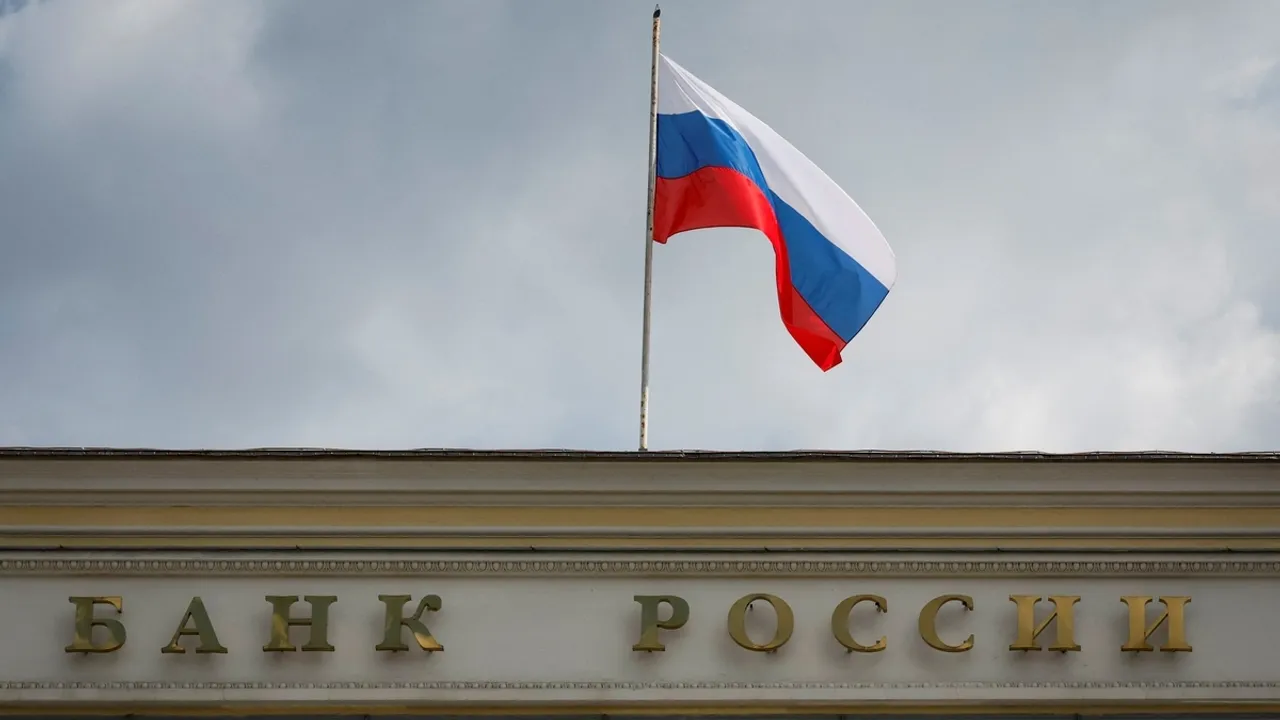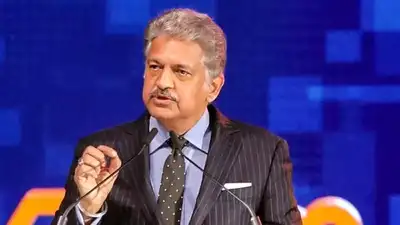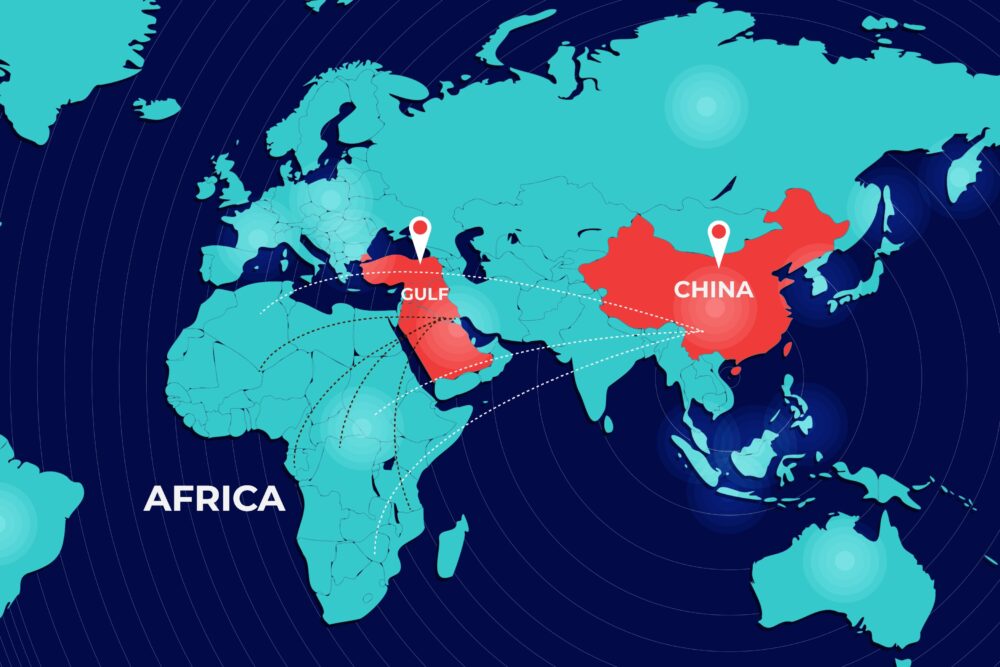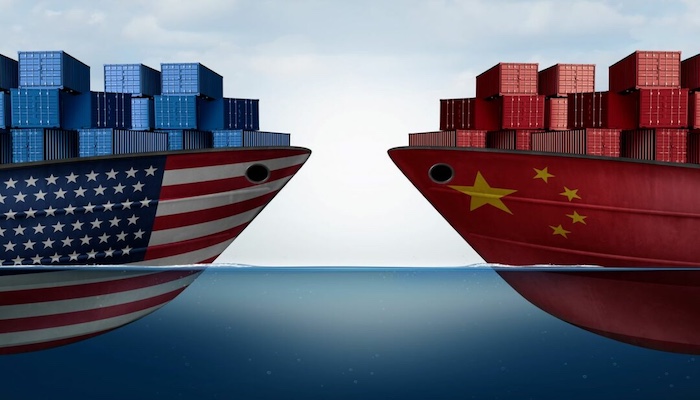Amidst the unfolding geopolitical landscape, Western banks are pushing back against EU proposals aiming to repurpose billions of euros in interest accrued on frozen Russian assets. This fund redirection is intended to bolster military and financial support for Ukraine. Senior industry sources voice concerns over potential legal ramifications and the overarching impact on the banking sector’s reliability.
Legal and Financial Implications
At the heart of the opposition is the fear of entanglement in costly litigation, with banks potentially facing claims from Russia for facilitating the transfer of funds to Ukraine. The EU’s strategy involves allocating up to €3 billion annually from these assets for Ukraine’s defense, while ensuring Russia retains ownership. This delicate balance aims to mitigate direct confiscation risks but introduces a complex web of legal challenges for financial institutions.
Impact on Global Banking Confidence
Beyond legal concerns, there’s apprehension about diminishing trust in Western banking systems. With Euroclear holding €190 billion in Russian Central Bank assets and numerous banks managing assets for sanctioned individuals, the proposed EU actions could signal a shift in how international assets are treated during conflicts. This scenario could deter global investors and undermine the foundational principles of asset security and neutrality in the banking sector.
EU’s Strategic Move and Broader Implications
In response to the pressing need for increased military support for Ukraine, the EU is exploring innovative funding mechanisms, including the utilization of frozen assets. This move, while controversial, reflects a broader strategic effort to strengthen Ukraine’s defense capabilities without direct asset confiscation. As the EU navigates these uncharted waters, the outcome may redefine the intersection of finance, law, and international relations, setting precedents for future conflicts.
This unfolding situation encapsulates a pivotal moment in EU policy, challenging the norms of international finance in the face of geopolitical crises. As Western banks and EU leaders deliberate the path forward, the global community watches closely, recognizing the potential for lasting implications on international banking standards and the efficacy of economic sanctions as a tool for conflict resolution.









